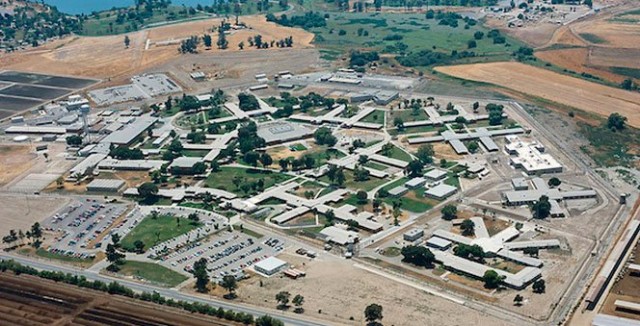In some cases, physicians falsified the consent forms, indicating the proper waiting period had passed when it clearly had not. The audit also said the “true number” of illegal procedures might be higher, noting that it had found seven cases at one hospital for which health records were lost in a routine purging.
"It made me sick to my stomach," said state Sen. Ted Lieu (D-Redondo Beach), who was the first to call for an investigation by the Medical Board of California, which is ongoing. Lieu demanded a formal apology from the federal receiver's office, which took over medical care in the state's prisons in 2006.
"The audit shows systemic failures by the federal receiver in the sterilization of female inmates," Lieu said. "I’m also surprised that the receiver makes the argument that they had no legal duty to make sure the prison employees comply with the consent procedures. That is a ludicrous argument."
Auditors have urged federal officials to forward the names of the physicians involved in the illegal surgeries to the Medical Board and the California Department of Public Health for further investigation and disciplinary action.
The CIR investigation, published in July, found that 132 women received tubal ligations in violation of prison rules from 2006 to 2010 —and perhaps 100 more dating back to the late 1990s.
Former inmates and prisoner advocates maintain that prison medical staff coerced the women, targeting those deemed likely to return to prison in the future. The audit released today notes that all women receiving tubal ligations had been incarcerated at least once before, indicating that they were repeat offenders. However, prison medical officials have denied any ill intent.
In a written response to the audit, the state prison health department generally agreed with the findings but noted that it has taken steps to improve.
CIR found that inmates were signed up for the surgery, also known as getting one’s tubes tied, while pregnant at the two women’s prisons that housed pregnant inmates: the California Institution for Women in Corona or Valley State Prison for Women in Chowchilla. Valley State became a men’s prison in 2013.
Federal officials said none of the tubal ligations performed since 2006 received signoff by a state-level committee of medical professionals. State prison data indicate that more than half of the surgeries requested during that time period – 74 – came from Valley State. More than two-thirds of those came from Dr. James Heinrich, Valley State’s OB-GYN, or a nurse on his staff, according to the prison’s medical service request records.
Heinrich previously told CIR that the money spent sterilizing inmates was minimal “compared to what you save in welfare paying for these unwanted children – as they procreated more.”
In response, Jackson introduced a bill that would ban all inmate sterilizations for birth control purposes. Under SB1135, such surgeries would be performed only during life-threatening emergencies and to cure physical illness. Prisons performing sterilizations would be required to report annually the number of surgeries by race, age, reason and surgical method. The bill also provides legal protections for any personnel who report abuses.
Last month, the state Senate unanimously approved SB1135; The measure is now being taken up by the Assembly.
